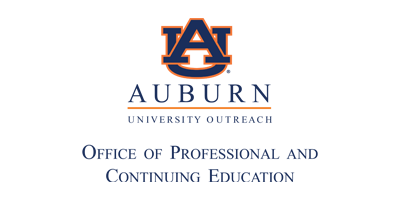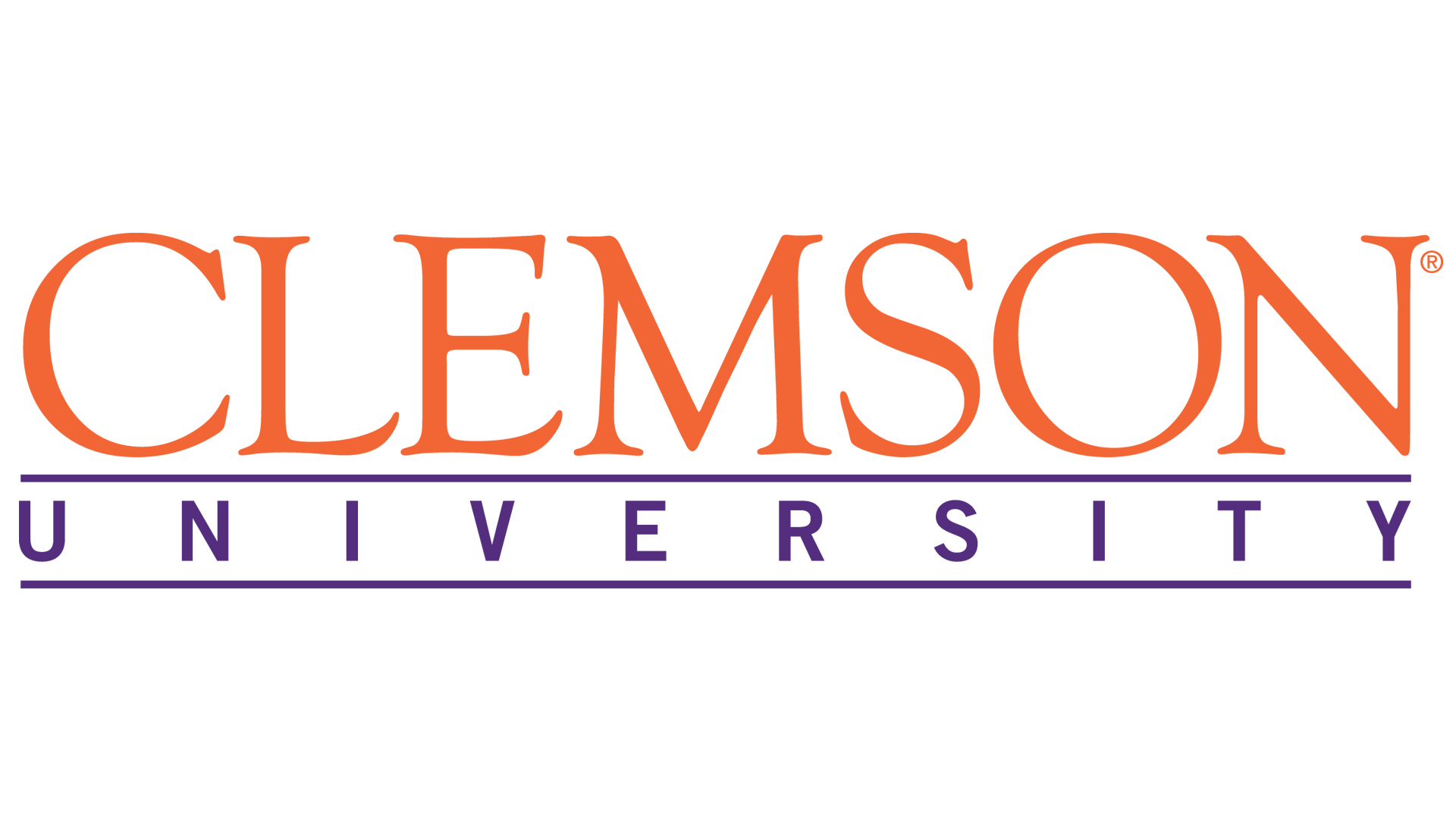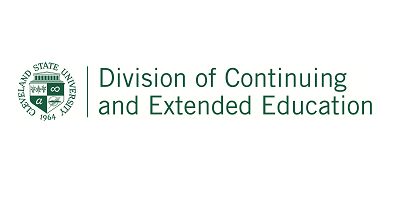Nursing Assistant Specialist
Overview
Nursing Assistant Specialists are on the front lines of patient care. With the demands for healthcare growing every day, nursing assistants are absolutely vital to daily operations in hospitals and nursing care facilities. Working closely with patients, Nursing Assistant Specialists are responsible for basic care services such as bathing, grooming and feeding patients, assisting nurses with medical equipment, and checking patient vital signs. Nursing Assistant Specialists give patients important social and emotional support and also provide vital information on patient conditions to nurses. As healthcare needs continue to grow, Nursing Assistant Specialists will be in great demand by hospitals, physician’s and a variety of other healthcare facilities.
This program is designed to provide students with the knowledge base necessary to become a Nursing Assistant Specialist and potentially begin the career path toward Registered Nurse. This course is designed to provide students with the complete healthcare knowledge base necessary to sit for the certification exam in their state. Students do not receive certification simply by taking this course: they must sit for their state’s certification exam.. Students will gain an understanding of basic medical knowledge and will learn procedures and techniques for providing sensitive and appropriate medical/personal care to a wide range of patients. In order to obtain certification in specific states, it is necessary to complete the clinical hour requirements for that state, as well as obtain a criminal background check, CPR certification, TB testing, and other screenings as required by that state.
Program Objectives
After completing this program, learners will be able to:
- Explain how laws and regulations affect the roles and responsibilities of the Clinical Nurse Aide within the health care system
- Demonstrate basic knowledge of effective communication skills necessary to function as a member of the health care team
- Demonstrate basic technical and communication skills that facilitate an optimal level of functioning of the client, recognizing individual, cultural, and religious diversity
- Use procedures and techniques to promote infection control and prevent the spread of microorganisms
- Demonstrate the ability to identify and use safety and emergency procedures
- Demonstrate basic knowledge of body systems, basic anatomy, common disease processes, and the aging process
- Demonstrate basic knowledge of vital signs and other body measurements
- Demonstrate basic knowledge of principles and skills of restorative nursing in providing client care, while also using proper body mechanics
- Identify elements of a client’s physical environment and the client’s interaction with their environment
- Identify proper procedures and techniques used for providing personal care to clients, including but not limited to ADLs, bathing, skin care, nutrition and feeding, elimination, range of motion, positioning, and mobility
- Identify psychosocial characteristics of all clients, including those with physical and cognitive impairments
- Demonstrate basic knowledge of delivering sensitive care to the dying client and family
- Identify behaviors that maintain and respect the client and client’s family rights and promote client independence, regardless of race, religion, lifestyle, sexual preference, disease process, or ability to pay
- Responsibilities of the clinical medical assistant and introduction to healthcare facilities
- Medical terminology, anatomy and physiology, circulation of the heart and blood vessels
- Care & safety of patients, medical & legal aspects of care, confidentiality and HIPAA
- Effective verbal and non-verbal communication, interpersonal skills and human behavior
- Aseptic techniques, infection prevention, universal precautions, proper use and disposal of biohazards and sharps
- Documenting patient medical histories, updating patient medical files, vital signs and documentation
- Applying sterile dressings, preparing patients for x-rays, performing various injections, administering oral medications, instructing patients on the proper usage of medications
- Use Microsoft Office®
Certification
There are several National Certification exams that are available to students who successfully completethis program:
- National Healthcareer Association (NHA) Certified Clinical Medical Assistant (CCMA) Exam. Individual states have specific certification requirements and processes associatedwith this program. Please refer to your specific state agency for certification requirements.
In addition to facilitating entry-level clinical medical assisting related positions, this course is ideal for students interested in pursuing a future formal Nursing (LPN) or a Nursing (RN) program



